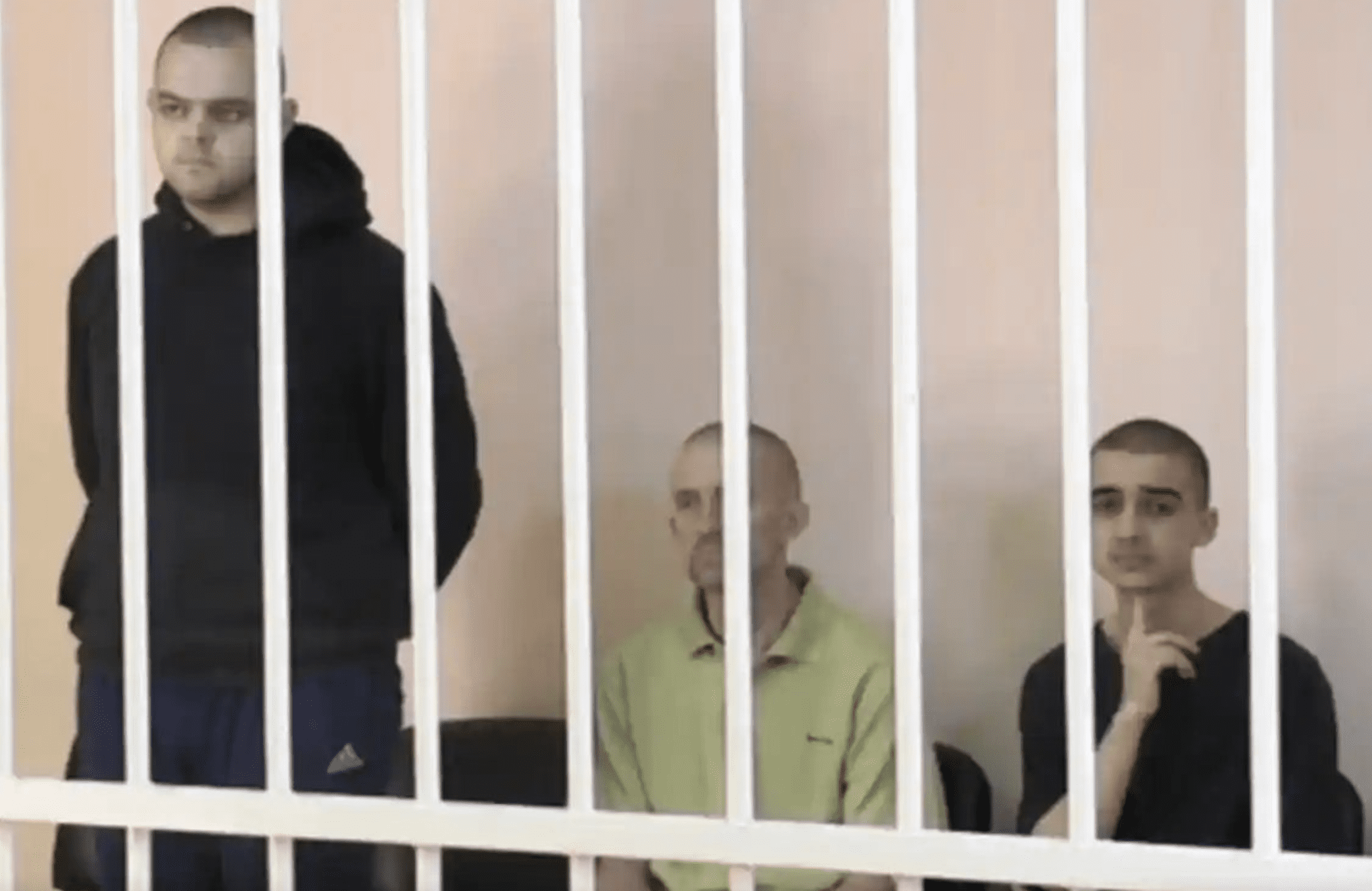
On the heels of a trial which saw two British men and Moroccan national receive death sentences for fighting pro-Russian forces in Ukraine, the leader of the break-away Donetsk Peoples Republic (DPR) has stated that he sees no grounds for a pardon of the condemned individuals.
The three foreign fighters—28-year-old Aiden Aslin, 48-year-old Shuan Pinner along with Moroccan national Abrahim Sadun, aged 21—in the spring months were captured by pro-Russian forces in the cities of Mariupol and Volnovakha. On June 9th, the men, after being found guilty of mercenary activity, terrorism, and attempting to overthrow the republic, were handed death sentences, Reuters reports.
Despite asserting their right to be treated as prisoners of war and to be entitled to combatant immunity under the Geneva Convention, the three men, all of whom claim to have been regular soldiers of the Ukrainian army, now face executions by firing squads.
The Kremlin-backed DPR officials, who insist that the men’s actions “led to the deaths and injury of civilians, as well as damage to civilian and social infrastructure,” have given the condemned men one month to appeal their sentences. If accepted, they could receive life or 25-year- prison sentences instead of the death penalty.
That outcome, however, appears highly unlikely in light of recent statements given by Denis Pushilin, the leader of the Donetsk People’s Republic.
“They came to Ukraine to kill civilians for money. That’s why I don’t see any conditions for any mitigation or modification of the sentence,” Pushilin told reporters, adding that the court had “issued a perfectly fair punishment” to the three fighters.
On Friday, the day after the death sentences were handed down, UK Prime Minister Boris Johnson’s spokesman referred to the decisions made by the DPR court as “appalling.”
“It is clear they were Ukrainian armed forces members and are therefore prisoners of war,” the spokesman said.
Aslin’s family has said that he and Pinner “are not, and never were mercenaries.”
In a statement, the family said the two men had been living in Ukraine since 2018 “as members of Ukrainian armed forces, should be treated with respect just like any other prisoners of war.”
